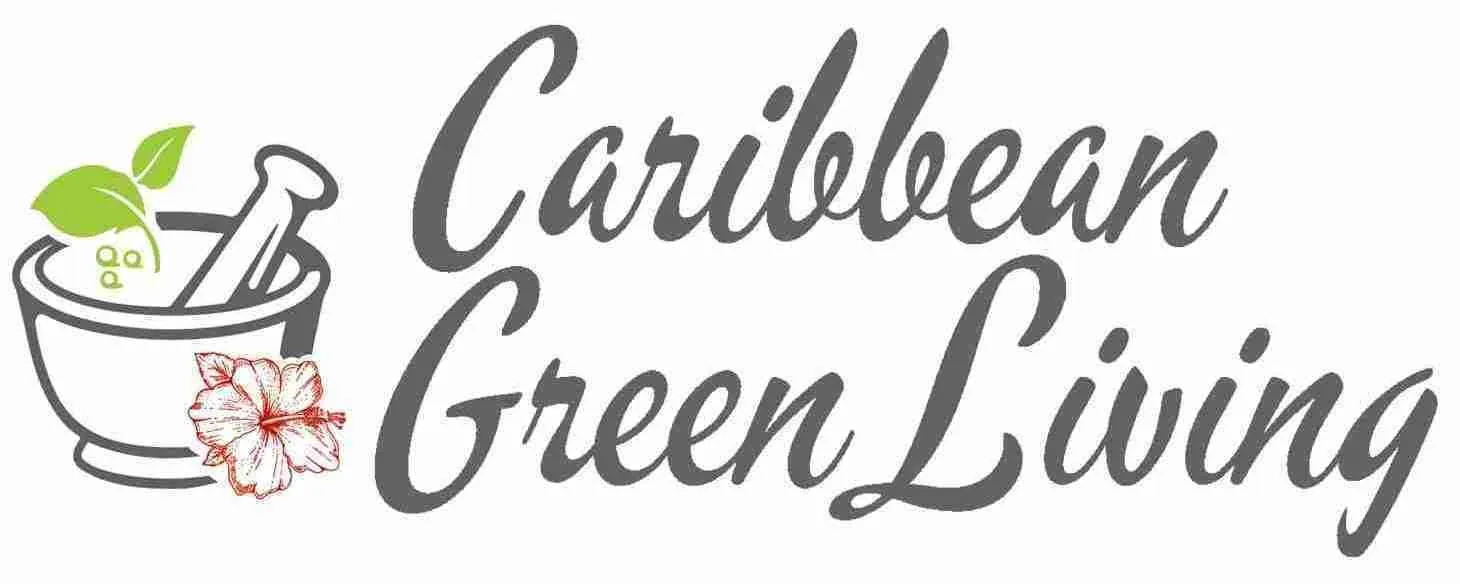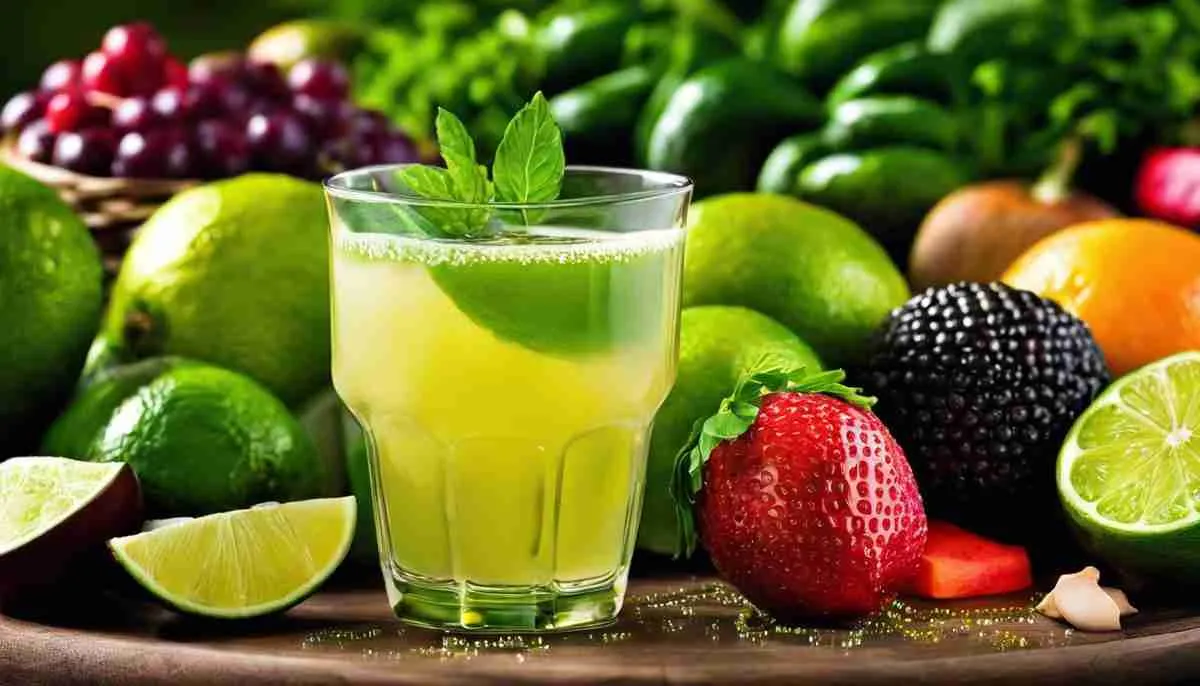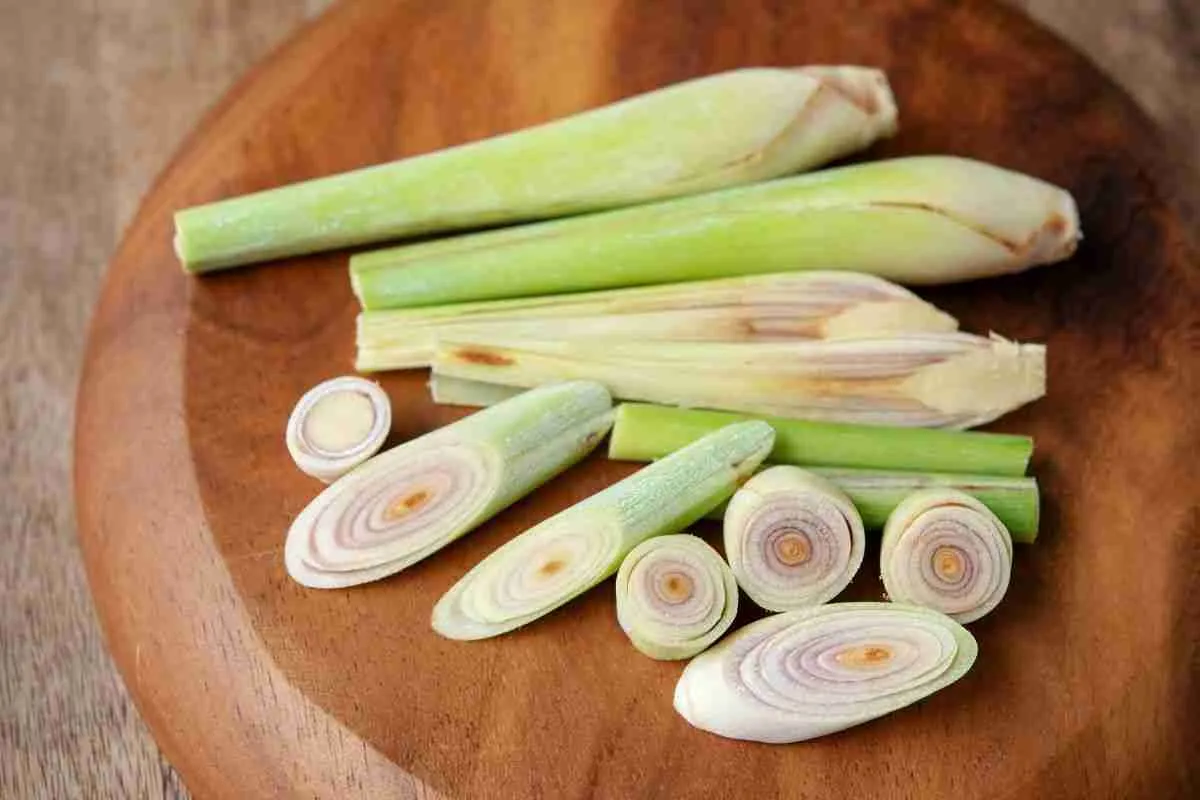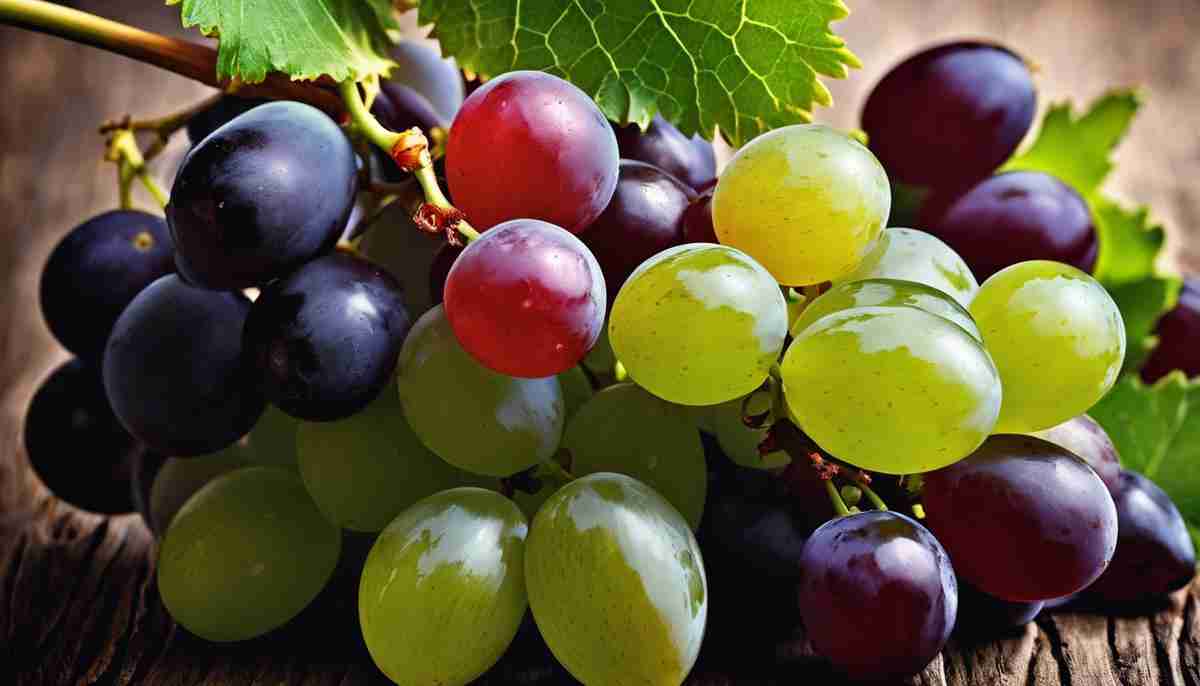Batch Cooking Guide: Reduce Waste, Save Energy, and Embrace Sustainable Meal Prep
Is It Worth the Time to Help the Environment Now? Can Batch Cooking Help?
What is the future impact of our choices? What are we doing today to ensure a healthier planet for future generations? These questions urge us to reflect on our daily habits and their long-term effects on our environment.
One simple yet powerful way to make a difference is through batch cooking. By preparing meals in bulk, you can reduce food waste, save energy, and contribute positively to a sustainable lifestyle. In this guide, we’ll explore the benefits of batch cooking, its cultural and societal value, essential kitchen tools, and practical steps to get started.
The Importance of Batch Cooking
Batch cooking involves preparing large quantities of food at once to store for future meals. This practice has several advantages:
- Time Efficiency: Cooking in bulk reduces the need for daily meal preparation, freeing up time for other activities.
- Energy Conservation: Using kitchen appliances less frequently helps lower energy consumption.
- Cost Savings: Buying ingredients in bulk is often more economical, and home-cooked meals minimize the need for expensive takeout.
- Waste Reduction: Proper planning ensures ingredients are used efficiently, reducing food spoilage.
Cultural and Emotional Value of Batch Cooking
Food is central to many cultures, especially in Caribbean households where meals are a communal experience. Batch cooking helps preserve traditional recipes, making it easier to enjoy home-cooked meals without daily preparation. Emotionally, knowing you have nutritious meals ready provides comfort and security, particularly during the colder months.
Physical and Societal Benefits
- Healthier Eating: Controlling ingredients means avoiding highly processed foods, leading to better nutrition.
- Environmental Impact: Widespread adoption of batch cooking reduces food waste and energy consumption, contributing to a healthier planet.
10 Steps to Start Batch Cooking Today
- Plan Your Meals: Choose meals that store well and can be easily reheated.
- Create a Shopping List: Buy ingredients in bulk to reduce waste and save money.
- Invest in Quality Storage: Use airtight containers suitable for refrigeration and freezing.
- Use Energy-Efficient Appliances: Slow cookers, pressure cookers, and microwaves use less energy than ovens.
- Cook in Batches: Prepare staple foods like rice, beans, and proteins in large quantities.
- Label and Date Meals: Keep track of storage times to avoid food waste.
- Cool Before Storing: Prevent excessive energy use by allowing hot food to cool before refrigeration.
- Reheat Wisely: Heat only the portion you need to save energy and maintain meal quality.
- Use Seasonal Ingredients: Opt for seasonal fruits and vegetables when possible. You may also want to visit a farm when the weather permits for fresh produce.
- Share with Others: Swap meals with family and friends to add variety and reduce food waste.
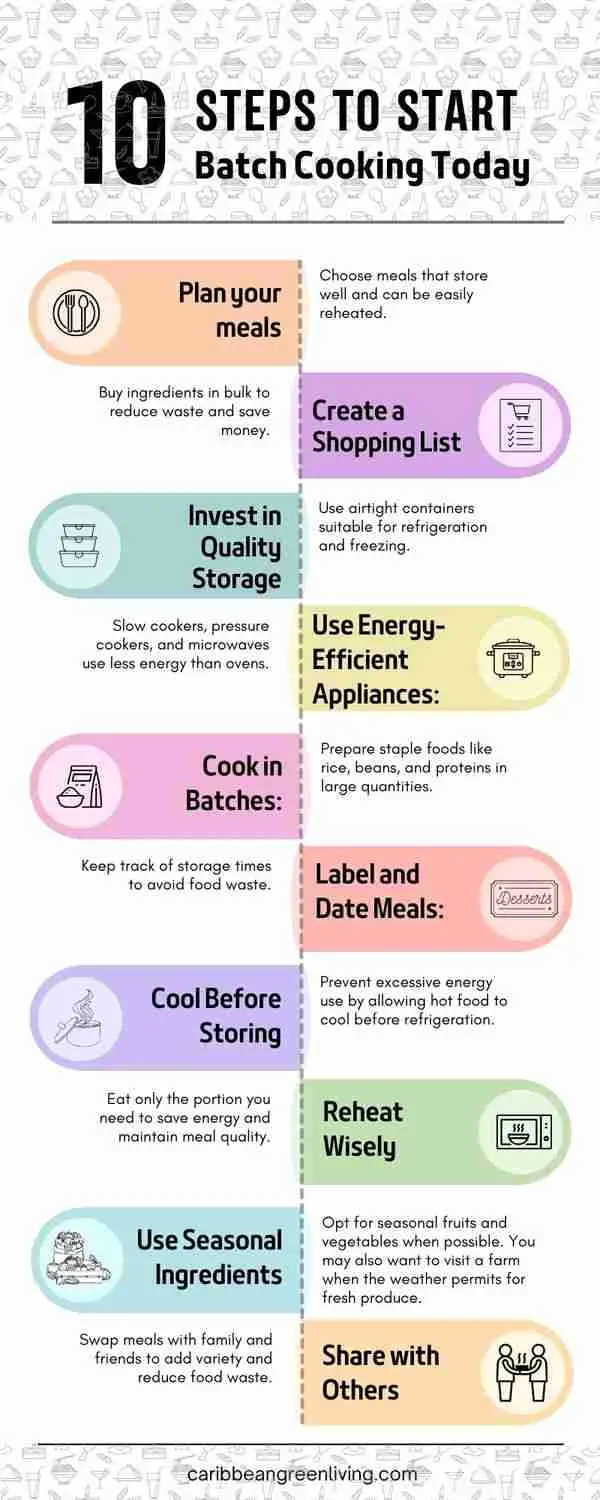
Essential Kitchen Tools for Batch Cooking
Having the right kitchen tools can make batch cooking easier and more efficient. Consider investing in:
- Slow Cooker or Instant Pot: Perfect for making soups, stews, and beans with minimal energy use.
- Large Pots and Pans: Essential for cooking big portions of food.
- Food Processor: Reduces prep time when chopping large amounts of vegetables or blending sauces.
- Sharp Knives and Cutting Board: Speeds up chopping and slicing tasks.
- Measuring Cups and Spoons: Ensures accurate ingredient portions for consistent results.
- Storage Containers: Choose a mix of glass and BPA-free plastic containers for refrigeration and freezing.
- Tongs and Spatula: Helps handle large portions of food efficiently.
Cooking Caribbean Food for Batch Cooking
Caribbean cuisine is well-suited for batch cooking because many dishes rely on staple ingredients that store well. Some great options include:
- Rice and Beans: Classic dishes like rice and peas or red beans and rice are easy to make in bulk and store.
- Root Vegetables: Cassava, sweet potatoes, and yams can be cooked ahead and used in multiple dishes.
- Curries and Stews: Flavorful dishes like goat curry and oxtail stew develop even richer flavors over time.
- Meats seasoned with Haitian Epis, Green Seasoning, or Jerk Seasoning: chicken, beef, or pork can be marinated in large batches and cooked for easy meal prep.
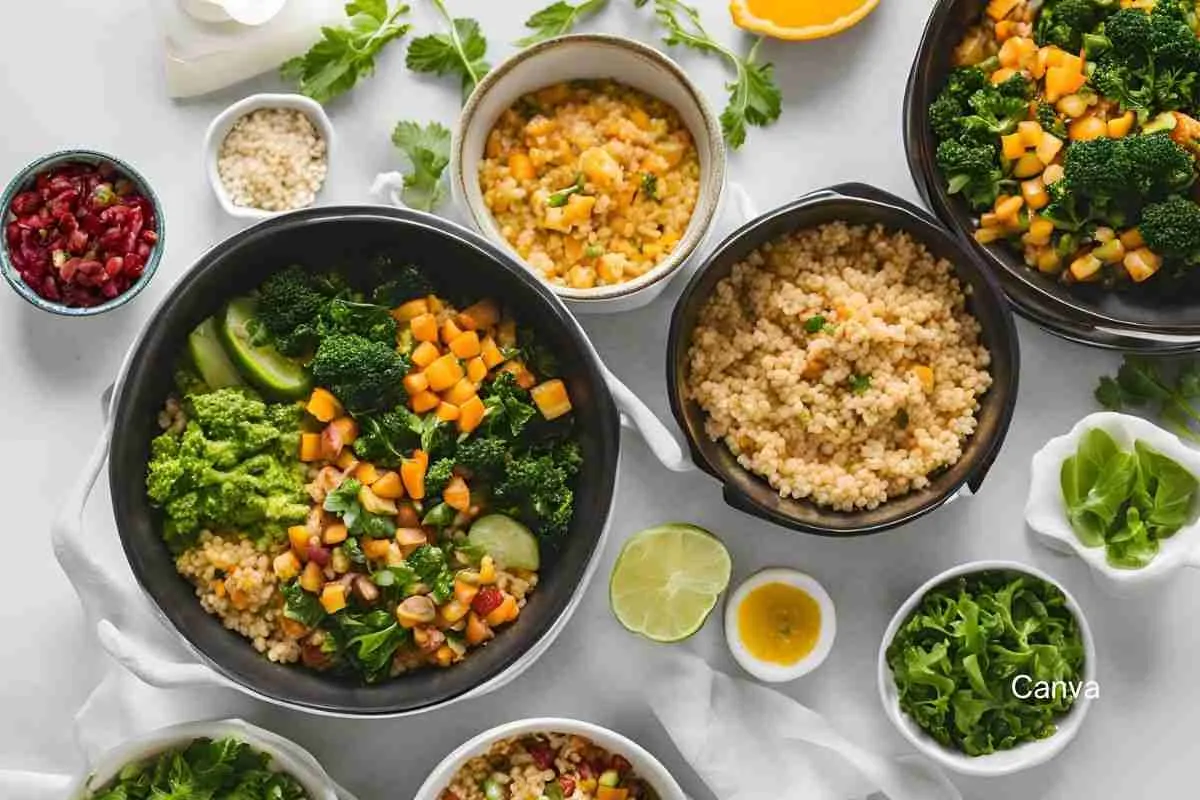
How to Start and Plan Your Batch Cooking
To ensure success, follow these planning steps:
- Choose Your Recipes: Select meals that are versatile and easy to store.
- Check Your Storage Space: Make sure your fridge and freezer have enough room for batch-cooked meals.
- Make a Shopping List: Buy bulk ingredients to maximize savings and minimize waste.
- Set Aside Time: Dedicate a few hours or a day to cook and portion out meals efficiently.
Best Storage Containers for Batch Cooking
Proper storage keeps meals fresh and prevents waste. Consider these options:
- Glass Containers: Ideal for storing refrigerated meals, as they don’t absorb odors or stains.
- BPA-Free Plastic Containers: Lightweight and freezer-safe for long-term storage.
- Vacuum Sealer Bags: Helps reduce freezer burn and saves space.
- Stackable Containers: Keeps your fridge and freezer organized.
- Labeling: Always date your containers to track freshness and avoid spoilage.
Embrace Sustainable Cooking Today
Batch cooking isn’t just about convenience—it’s a step toward a more sustainable lifestyle. By reducing waste, conserving energy, and planning meals efficiently, you contribute to a healthier planet while enjoying nutritious, home-cooked meals.
Start your batch cooking journey today and make a positive impact for yourself and future generations!
